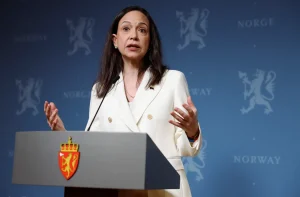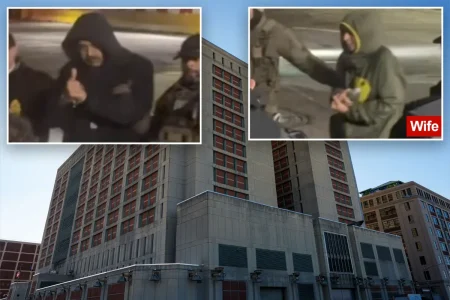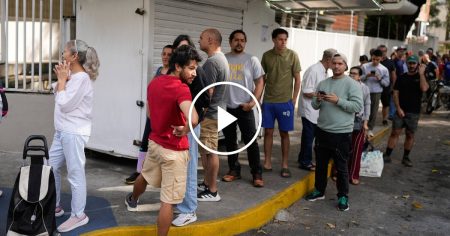The political landscape of South Korea has been thrown into turmoil following President Yoon Suk Yeol’s declaration of martial law last week, a move that has prompted a swift and intense investigation into whether the president’s actions constitute an act of insurrection. The declaration, which effectively suspends ordinary law and grants the military extensive control over civilian life, has triggered widespread protests and condemnation, both domestically and internationally. Critics argue that the president exceeded his constitutional authority and acted to suppress dissent, while supporters maintain that the move was necessary to restore order and stability in the face of an unspecified threat. The investigation, which is being conducted by an independent body comprised of legal experts and political figures, is focusing on the circumstances surrounding the declaration, the perceived justification provided by the president, and the potential consequences for the country’s democratic institutions. The investigation is crucial, not just for determining the legality of the president’s actions but also for establishing the future trajectory of South Korean democracy and the rule of law.
The declaration of martial law marks a dramatic escalation in the ongoing political tensions that have gripped South Korea in recent months. President Yoon, who assumed office amid high expectations of reform and reconciliation, has faced mounting criticism over his handling of the economy, his perceived authoritarian tendencies, and his increasingly confrontational approach towards political opponents. These tensions culminated in the sudden and unexpected declaration of martial law, a move that many observers believe was a calculated power grab designed to consolidate the president’s control and silence dissent. The government’s official justification for the declaration – citing a vaguely defined threat to national security – has been met with skepticism and calls for greater transparency. The lack of concrete evidence presented to support the claim of imminent danger has fueled speculation about the president’s true motives and the potential for abuse of power.
The investigation into the president’s actions is facing a complex and delicate task. It must navigate the highly charged political atmosphere, scrutinize the evidence with impartiality, and ultimately render a judgment that upholds the principles of justice and accountability. The investigation will likely focus on several key areas: the nature of the alleged threat that prompted the declaration of martial law, the process by which the decision was made, and the adherence to constitutional procedures and safeguards. It will also examine the subsequent actions taken by the military under martial law and their impact on civil liberties and democratic processes. Gathering credible evidence, ensuring the safety and cooperation of witnesses, and navigating potential political interference will be critical challenges for the investigative body.
The international community is closely monitoring the situation in South Korea, with many expressing concern over the erosion of democratic norms and the potential for a wider regional crisis. Neighboring countries are apprehensive about the implications of the martial law declaration and the potential for instability to spill over borders. Several international organizations have called for restraint and urged the South Korean government to uphold the principles of democracy, human rights, and the rule of law. The investigation’s findings will have significant implications for South Korea’s international standing and its relationship with key allies. The country’s reputation as a stable democracy in a volatile region is at stake, and the international community’s response will be heavily influenced by the perceived legitimacy and impartiality of the investigative process.
The domestic ramifications of the martial law declaration and the subsequent investigation are equally profound. The imposition of military rule has already resulted in restrictions on freedom of speech, assembly, and the press, leading to widespread protests and civil disobedience. The investigation itself is likely to further polarize public opinion, deepening the divisions within South Korean society. The outcome of the investigation will have a lasting impact on the country’s political landscape, potentially leading to impeachment proceedings, early elections, or a prolonged period of political instability. The economic consequences of the crisis are also significant, with investors expressing concern about the uncertain political environment and the potential for long-term damage to the South Korean economy.
The future of South Korean democracy hangs in the balance as the investigation unfolds. The credibility of the investigative process, the transparency of its findings, and the government’s response to the eventual outcome will be crucial in determining whether the country can regain its footing as a stable and vibrant democracy. The investigation represents a critical test for the resilience of South Korean institutions and their ability to uphold the rule of law in the face of unprecedented challenges. The world is watching, and the stakes could not be higher for the future of democracy in South Korea.







